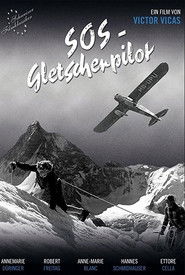detail profile erwin kohlund
Peran Yang Di Mainkan Erwin Kohlund
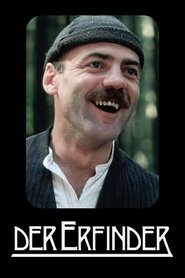 In this interesting World War I...
In this interesting World War I...The Inventor 1980
In this interesting World War I drama, Bruno Ganz gives a compelling performance as Jakob, an obsessive inventor who lives in a Swiss village. He receives unconditional support from his friend Otti (Walo Luond), but that is about all; the other villagers do not tolerate Jakob's eccentricities very well, and regard him as a crackpot. He perserveres in spite of this obstacle and finally invents a viable carriage that does not run on wheels but on a tread. Unfortunately for Jakob, the military have already come up with the same invention: the tank. The discovery finally breaks him, and he is quickly shuttled off to an asylum.
 Thomas the son of a prison...
Thomas the son of a prison...The Consequence 1977
Thomas, the son of a prison warden, falls for Martin, one of the prison inmates. After Martin is released, they try to build a relationship and a life together but, no one will leave them alone.
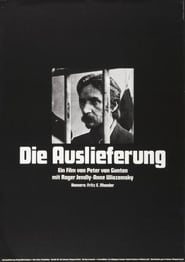 Throughout the late 19th century and...
Throughout the late 19th century and...The Extradition 1975
Throughout the late 19th century and in the early part of the 20th, Russians of a wide variety of political persuasions contemplated various forms of revolution. Throughout the same period, they often had to seek asylum in other countries. This movie concerns Sergei (Roger Jendly), a revolutionary who kills a student in Russia and flees to Switzerland. Though he has the gifts and abilities to unify various revolutionary groups within Russia, once he has been forced to flee, they have no interest in him. When his presence in Switzerland threatens a trade agreement with the Tsar, he is tracked down and expelled.
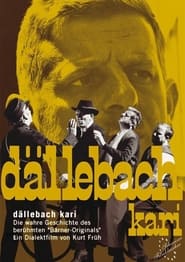 Karl Tellenbach called Dllebach Kari was...
Karl Tellenbach called Dllebach Kari was...Dällebach Kari 1970
Karl Tellenbach, called "Dällebach Kari", was one of Bern’s legendary characters at the beginning of the 20th century. Born with a strong hare lip which left him disfigured and gave his voice a peculiarl nasal tone, he devoted his entire life trying to get people to laugh with him instead of at him. Ultimately, his despairing at ever becoming accepted as a fellow man coupled with unrequited love made his life tragic, culminating in his suicide at age 54. His jokes are still well known today.
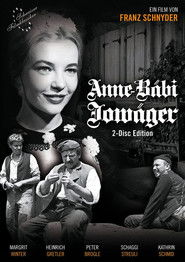 The trials of the wealthy Emmentaler...
The trials of the wealthy Emmentaler...Anne Bäbi Jowäger I. Part - How Jakobli comes to a woman 1960
The trials of the wealthy Emmentaler farming family Jowäger, adapted from the 19th century novel of the same name by Jeremias Gotthelf (pen-name of Albert Bitzius), which was also published in two parts.
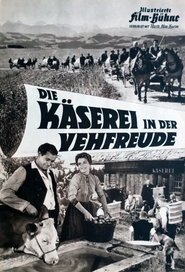 The farmers of a village decide...
The farmers of a village decide...The Cheese Factory in the Hamlet 1958
The farmers of a village decide to postpone the construction of a new school in profit of a concentration to cheese production. From a novel by Jeremias Gotthelf.
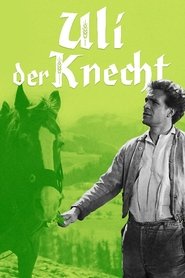 The film traces Ulis progress from...
The film traces Ulis progress from...Uli der Knecht 1954
The film traces Uli's progress from his humble peasant surroundings to the homes of the wealthy and prominent. The characterizations are convincing, and the comic interludes surprisingly subtle and believable for a Swiss film. The no-star cast doomed Uli Der Knecht from the start so far as American distribution was concerned. It was another matter in Switzerland, where the film was one of the year's top moneymakers. Uli der Knecht was based on a novel by Jeremias Gottbelf.
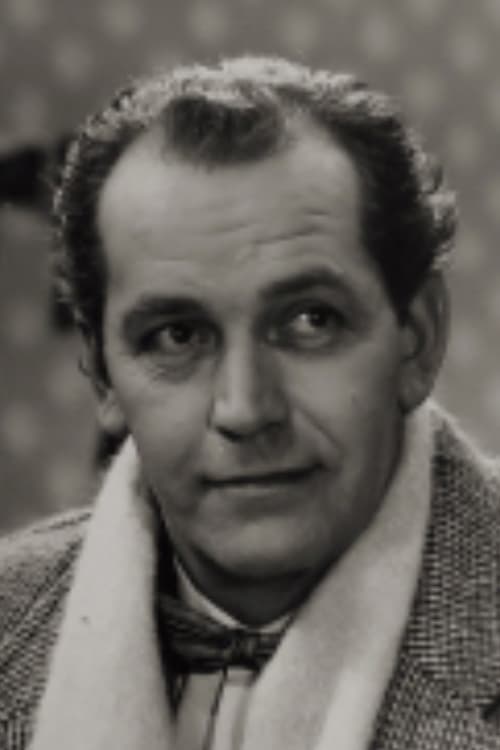
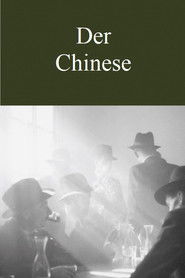
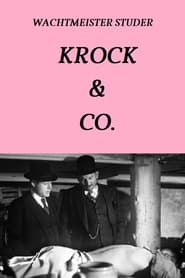
 Experimental fiction film about young people...
Experimental fiction film about young people...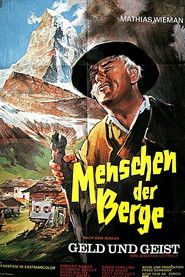
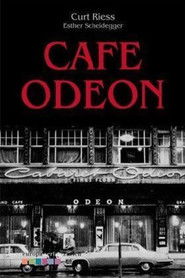 A milieustudie about a girl going...
A milieustudie about a girl going...